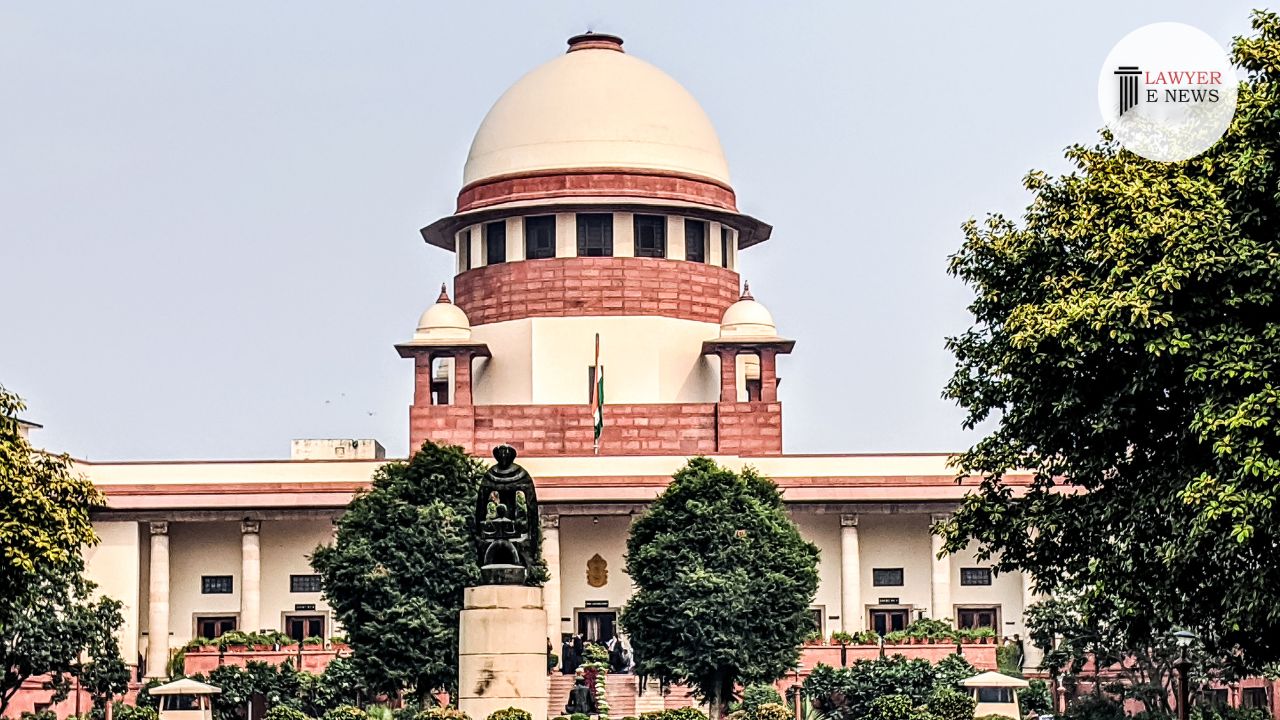-
by Admin
15 February 2026 5:01 PM



The Supreme Court of India, in a significant judgment, has clarified the legal position concerning the rights of widows under the Hindu Law, particularly focusing on the impact of remarriage on their property rights. The apex court, in its decision, emphasized that the rights of a widow in her deceased husband’s property cease upon remarriage, pursuant to the Hindu Widow’s Remarriage Act, 1856.
The appeal involved a property dispute originating from a suit for partition. The core issue revolved around the inheritance and title of property, particularly in the context of a widow’s remarriage and her rights to her first husband’s property. Chiruthey, having remarried after her first husband Madhavan’s death, was at the center of this legal battle. Her son from her second marriage, Chandu, claimed a share in the property, which was disputed by the defendants, the successors-in-interest of Sankaran, Chiruthey’s son from her first marriage.
Lease Agreements: The court scrutinized several lease agreements dating back to 1910. While the court deemed these transactions as unusual but valid, it underscored that Chiruthey, after her remarriage, could not confer valid title through these leases.
Remarriage Impacting Property Rights: Emphasizing on Hindu Widow’s Remarriage Act, 1856, the court observed, “All right and interest which any widow may have in her deceased husband’s property...shall upon her remarriage cease and determine as if she had then died.”
Validity of Claims: The court highlighted that post-1910, Chiruthey’s role was limited to that of a lessee, and any claim to property ownership through her, especially after her remarriage, was legally unsustainable.
Adverse Possession: Although not a focal point of this judgment, the contention of ownership by adverse possession was rejected.
Decision: The Supreme Court set aside the High Court judgment, affirming the First Appellate Court’s dismissal of the suit. It concluded that Chiruthey and, consequently, her son Chandu, had no valid claim to the property for partition.
Date of Decision: April 9, 2024
Kizhakke Vattakandiyil Madhavan (Dead) Thr. Lrs. Vs. Thiyyurkunnath Meethal Janaki and Ors.
